Over-engagement with social media can potentially turn into social media addiction exhibiting symptoms of substance abuse such as deficient self-regulation, neglect of personal life, cognitive preoccupation, mood modifying experiences, tolerance, concealment of addictive behaviors, and escapism (Kuss & Griffiths, 2017). Social media addiction also manifests itself as a functional impairment and shares characteristics of substance abuse addictions such as euphoria, withdrawal, relapse, and reinstatement.
Results revealed that social media addiction is positively linked with social media infidelity and this relationship is moderated by age (Abbasi, 2019). In other words, the relationship between social media addiction and social media infidelity changes in strength with age and becomes weak as age progresses. Age is also negatively linked with social media addiction and social media infidelity. Younger individuals reported significantly higher social media addiction and social media infidelity scores as compared to older individuals. This is consistent with previous research that indicated that age is a significant predictor of social media addiction (Abbasi, 2018; Błachnio et at., 2015) and that young people are prone to taking more risks online and/or tend to engage in behaviors that they would not engage in when in an offline environment (Gray, 2016).
Abbasi, I.S. (2018). Social media and committed relationships: What factors make our romantic relationship vulnerable? Social Science Computer Review, 1-10.
Abbasi, I. S. (2019). Social media addiction in romantic relationships: Does user’s age influence vulnerability to social media infidelity? Personality and Individual Differences, 139, 277–280
Blachnio, A., Przepiorka, A., & Pantic, I. (2015). Internet use, Facebook intrusion, and depression: Results of a cross-sectional study. European Psychiatry, 30, 681–84. doi: 10.1016/j.eurpsy.2015.04.002
Kuss, D. J., & Griffiths, M. D. (2017). Social networking sites and addiction: Ten lessons learned. International Journal of Environmental Research Public Health, 14, 311.
Gray, L. (2016). Exploring how and why young people use social networking sites. Doctorate in Applied Educational Psychology. Newcastle University (Newcastle University e-theses).


